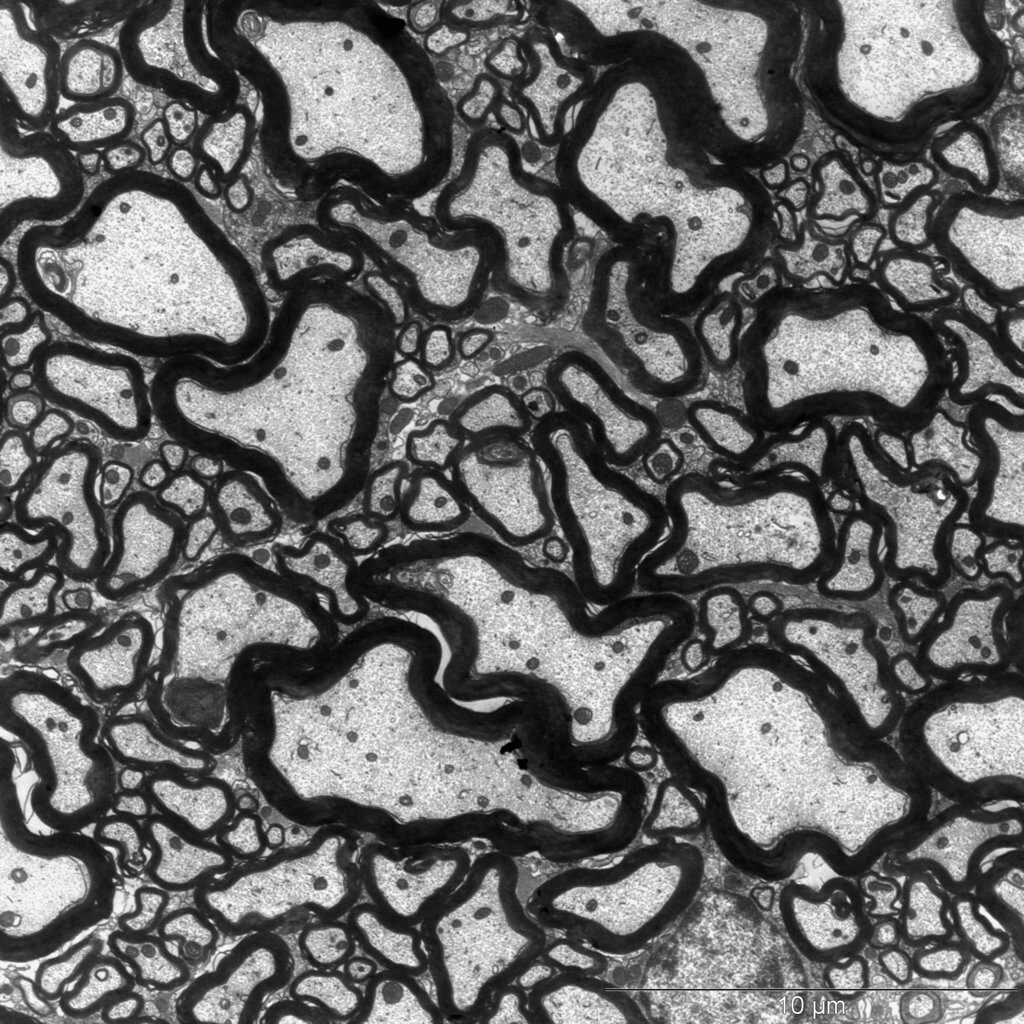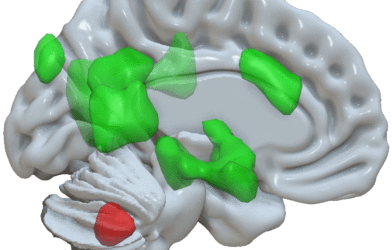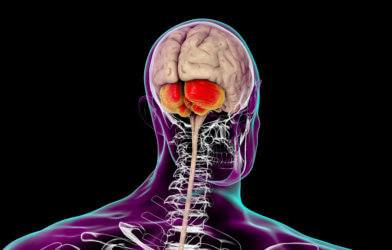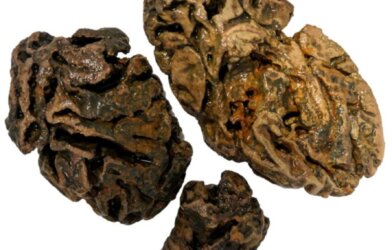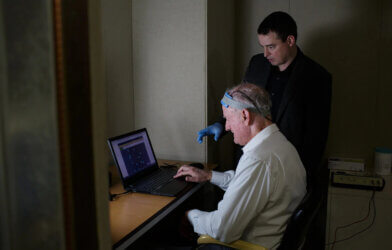People who suffer from multiple sclerosis might consider cutting back on dairy. A recent study finds that milk could potentially exacerbate MS symptoms.
“We hear again and again from sufferers that they feel worse when they consume milk, cottage cheese or yogurt,” says Stefanie Kurten, from the Institute of Anatomy at University Hospital Bonn, in a statement. “We are interested in the cause of this correlation.”
To learn more, a team of international researchers injected mice with different proteins from cow’s milk and found the cow’s milk protein triggered an autoimmune response in mice that damaged neurons.
Researchers say the insulating myelin sheath in mice was perforated. They believe it was triggered by casein administration. They then administered the cow’s milk constituent casein together with an effect enhancer to the mice.
“We suspected that the reason was a misdirected immune response, similar to that seen in MS patients,” explains Rittika Chunder, postdoctoral fellow in Kurten’s research group. “The body’s defenses actually attack the casein, but in the process they also destroy proteins involved in the formation of myelin.”
According to researchers, “such cross-reactivity can occur when two molecules are very similar, at least in parts.” This causes the immune system to mistake them for each other.
“We compared casein to different molecules that are important for myelin production,” says Chunder. “In the process, we came across a protein called MAG. It looks markedly similar to casein in some respects — so much so that antibodies to casein were also active against MAG in the lab animals.”
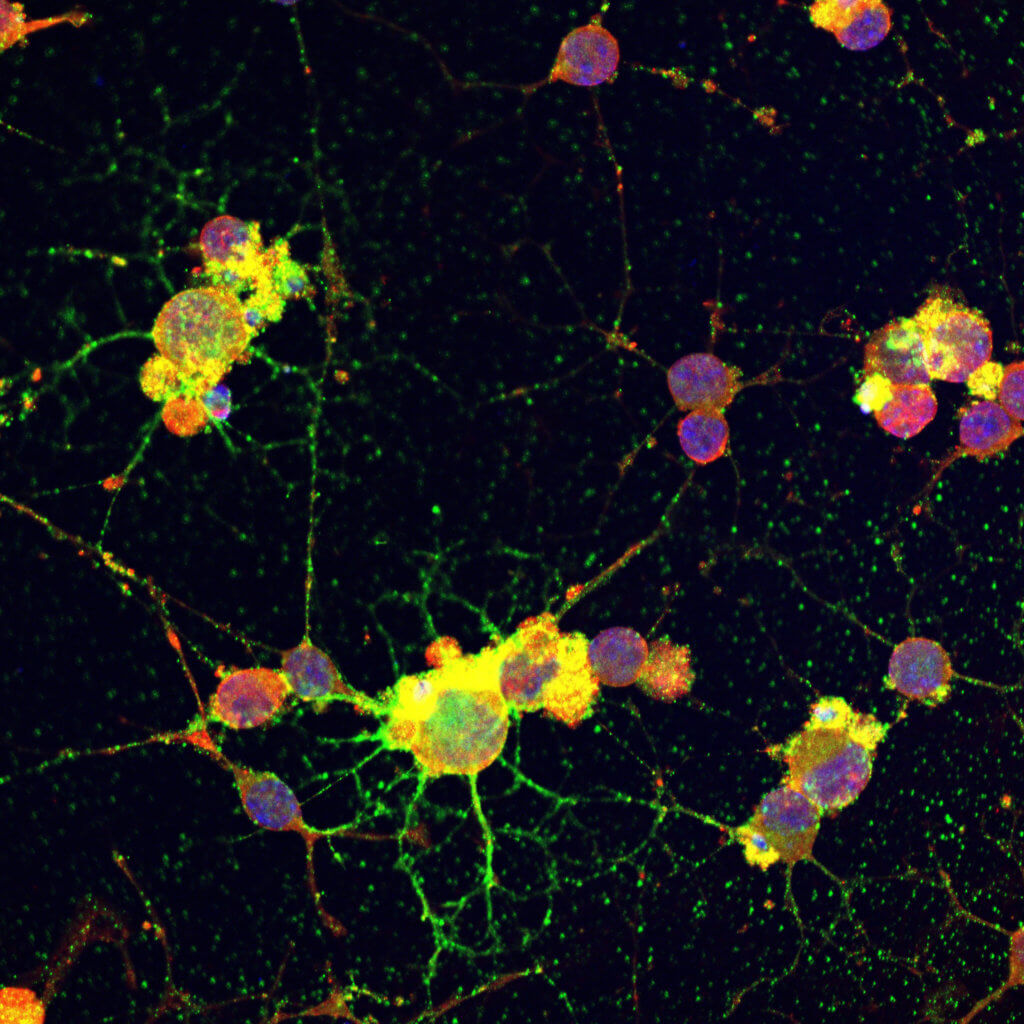
The myelin was destabilized in the casein-treated mice because the body’s own defenses were also directed against MAG. Researchers added casein antibodies from mice to human brain tissue to see to what extent the results can be transferred to people with multiple sclerosis. They found that casein antibodies accumulated in the cells responsible for myelin production in the brain.
The study states that white blood cells in people with MS respond particularly strong to casein. They believe these multiple sclerosis patients developed an allergy to casein at some point as a result of consuming milk, causing the immune system to produce masses of casein antibodies. This causes damage to the myelin sheath around the nerve fibers due to cross-reactivity with MAG.
The study also warns that cow’s milk may increase the risk of developing MS in healthy people, since casein can also trigger allergies in them. “Once such an immune response exists, cross-reactivity with myelin can in theory occur,” the media release reads.
“Studies indicate that MS rates are elevated in populations where a lot of cow’s milk is consumed,” says Kurten.
The study was published in the journal Proceedings of the Natural Academy of Sciences.
